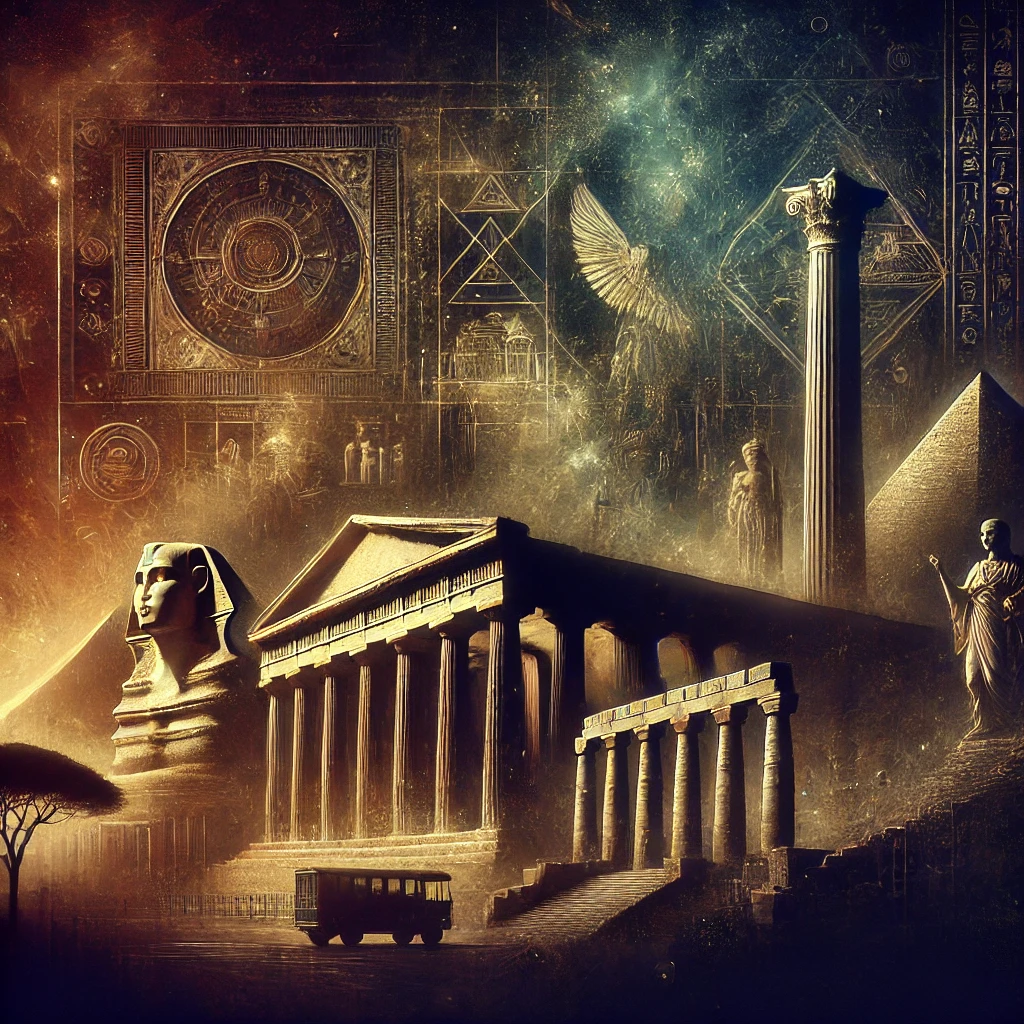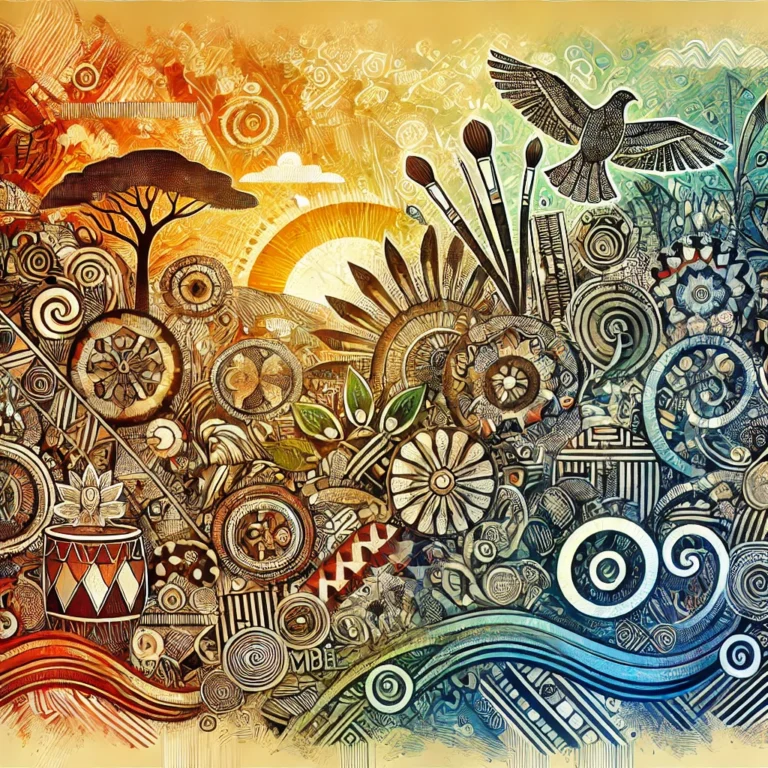
The term antiquità refers to the world of ancient civilizations, including the Greeks, Romans, Egyptians, and Mesopotamians. Their achievements in art, science, politics, and philosophy still resonate today. Understanding these civilizations not only sheds light on their contributions but also explains much of modern life. From architecture to philosophy, the ancient world laid the foundation for the society we live in today.
In this article, we will explore the many ways antiquità influences modern thought, politics, science, and more, while discovering why it remains a crucial area of study.
The Dawn of Antiquità: Rise of Ancient Civilizations
Antiquità marks the period when the world’s first great civilizations emerged. The Mesopotamians, Egyptians, Greeks, and Romans set the stage for future societies. These early cultures developed writing systems, technological innovations, and governance structures that form the foundation of modern human life.
Mesopotamians: The Creators of the First Writing System
The Mesopotamians are known for creating cuneiform, the first writing system. They built the world’s earliest cities and developed complex legal systems. Their knowledge spread across the ancient world, influencing trade and politics.
Egyptians: Masters of Architecture and Science
The Egyptians pioneered architectural techniques that resulted in iconic structures like the pyramids. Their contributions to mathematics, astronomy, and medicine still influence modern science.
Greeks and Romans: Foundations of Western Civilization
The Greeks are credited with developing democracy, philosophy, and scientific thought, while the Romans spread these ideas across Europe, shaping Western civilization.
Cultural and Artistic Achievements of Antiquità
Art and Sculpture: A Reflection of Society
Art in antiquità wasn’t just for decoration; it reflected culture, politics, and religion. The Greeks perfected the human form in their sculptures, with works like Zeus and Athena. The Romans borrowed heavily from Greek traditions but added realism and detailed portraiture.
Egyptian Monumental Sculptures
The Egyptians created statues symbolizing both power and spirituality, such as the Sphinx. These ancient artworks continue to inspire modern pieces, demonstrating that the artistic achievements of antiquità are still relevant.
Architectural Marvels: Innovations That Last
The architecture from antiquità, including the Parthenon and the Colosseum, remains iconic. Ancient architects developed methods, like arches and domes, that are still in use today.
Philosophy and Thought in Antiquità: Foundations of Western Ideology
Antiquità was a golden age for philosophy. Thinkers like Socrates, Plato, and Aristotle laid the foundations of Western philosophical thought. Their ideas on ethics, metaphysics, and politics continue to shape how we think today.
Socratic Method: Encouraging Critical Thinking
Socrates introduced the Socratic method, a dialogue-based approach that encourages critical thinking.
Plato’s Idealism and Aristotle’s Contributions to Ethics
Plato explored idealism, where reality is shaped by ideas, while Aristotle contributed to ethics, logic, and political theory.
Political Systems and Governance in Antiquità
Democracy in Ancient Greece: A Model for Modern Governance
Ancient Greece, particularly Athens, is often credited as the birthplace of democracy. Its principles of civic engagement continue to influence modern political systems.
The Roman Republic: The Origins of Representative Government
The Roman Republic, with its Senate and elected officials, introduced representative governance. Even under the Roman Empire, its political systems impacted modern legal frameworks.
Science and Technology in Antiquità
Early Innovations: The Roots of Modern Science
The Greeks contributed to geometry and medicine, with figures like Euclid and Hippocrates pioneering fields that are still studied today. Roman achievements, such as aqueducts and roads, revolutionized urban infrastructure.
Influence on Modern Technology: The Legacy of Roman Engineering
Roman principles of engineering, particularly in bridge building and water management, continue to influence today’s technology.
Religion and Mythology in Antiquità
Greek and Roman Mythology: Stories That Shaped Society
In antiquità, religion was central to life. The myths of Zeus, Athena, and Ares influenced societal values and became part of modern storytelling.
Egyptian Beliefs: Life and the Afterlife
Egyptians worshipped gods like Ra, Osiris, and Isis, and their views on life and the afterlife are evident in their burial practices and monuments.
Trade and Cultural Exchange in Antiquità
Trade between ancient civilizations played a crucial role in the exchange of ideas, goods, and culture. From the Silk Road to Mediterranean sea routes, traders shared not just products but knowledge.
Mesopotamia’s Role in Ancient Trade
Mesopotamia traded with Egypt, passing along knowledge of agriculture and governance.
Rome’s Interactions with the East
Rome absorbed new ideas through its trade routes with the East, influencing its culture while spreading Roman innovations.
Military Innovations: Strategies That Shaped Modern Warfare
The military tactics of antiquità, including the Roman legions and the Greek phalanx formation, have been studied for centuries and continue to influence modern warfare strategies.
Influence on Modern Literature
The literary achievements of antiquità, including Homer’s Iliad and Odyssey and the works of Virgil and Ovid, remain timeless. These texts are studied, reinterpreted, and adapted, demonstrating their ongoing influence on modern literature.
Languages of Antiquità: Roots of Modern Languages
The languages of antiquità, particularly Latin and Greek, have influenced many modern languages. Latin gave rise to Romance languages, while Greek left its mark on scientific and philosophical vocabulary.
Rediscovering Antiquità: Modern Archaeological Efforts
Modern archaeologists continue to uncover artifacts that shed light on daily life in antiquità. Sites like Pompeii, Troy, and the Great Pyramids offer invaluable insights into ancient civilizations.
Conclusion: Why Antiquità Still Matters Today
The impact of antiquità is undeniable. Its achievements in art, philosophy, politics, and science continue to shape modern life. By studying this era, we gain insight into the foundations of our culture, technology, and governance. Antiquità is not just a historical curiosity—it’s a living legacy.





